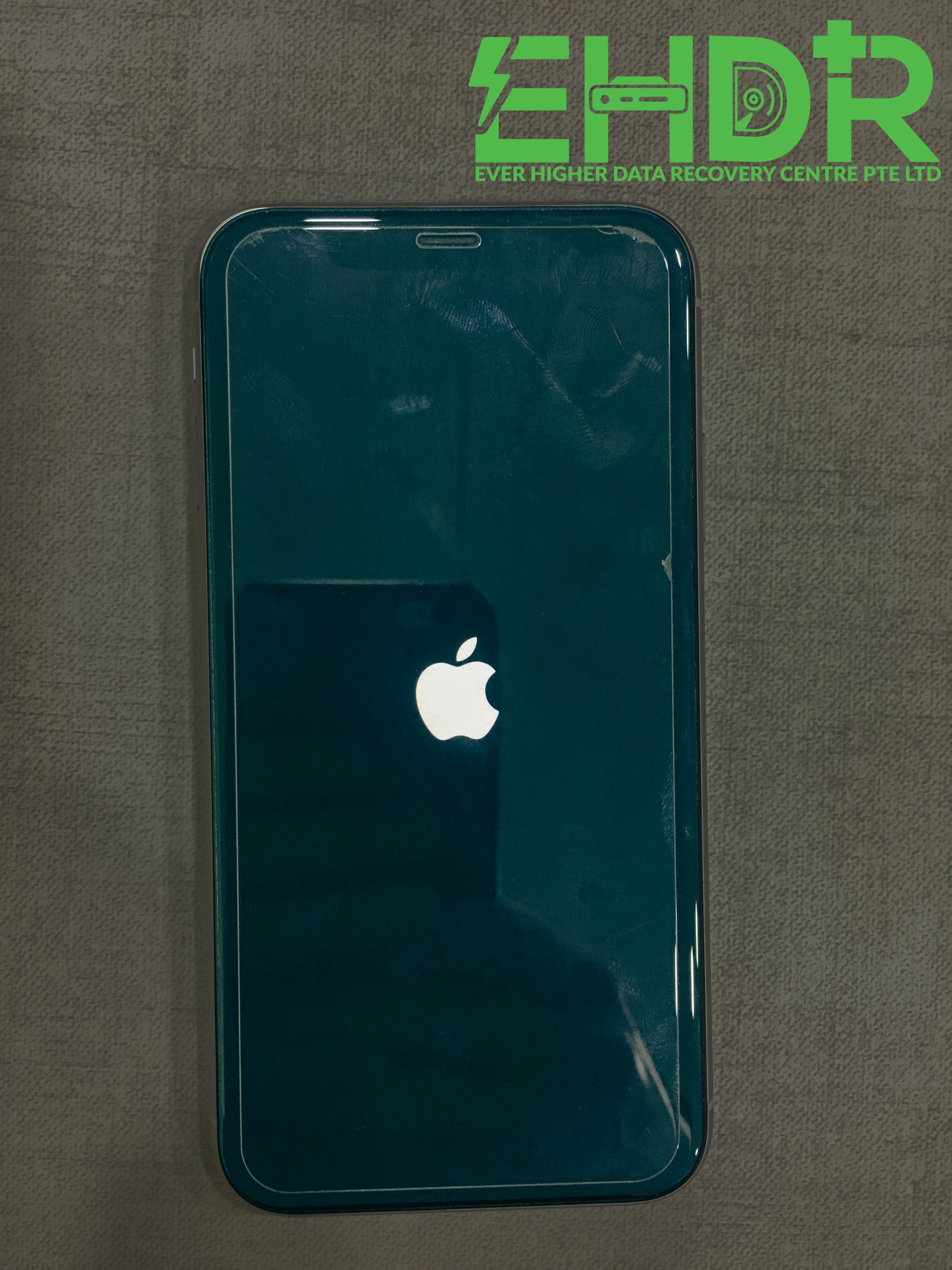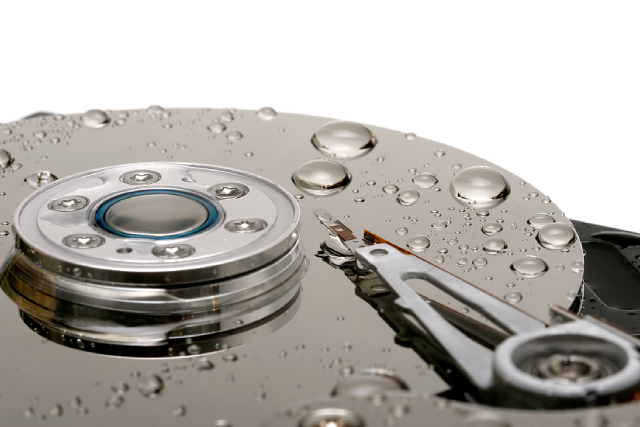
The increasing number of successful cyberattacks and data breaches making the headlines in recent years will naturally have anyone worried about being targeted by hackers, too. Thankfully, most of these attacks only focus on organisations in general. However, that does not mean individuals are safe since employees are often the weakest link in a company’s cybersecurity posture. As such, there is a slim yet non-zero chance that you may be targeted by hackers looking to gain access to the organisation you work for. And in this age of remote/hybrid working, there are more ways than ever for your devices to get compromised. To prevent that from happening, consider adopting these best practices to maintain your cybersecurity hygiene.
1. Keep your devices up to date
Most updates to operating systems, browsers, and applications include security fixes that patch vulnerabilities so hackers can no longer exploit them. As such, it is best to pick up the habit of installing updates as soon as they become available instead of putting them off for later. Of course, there are instances when updates break things that previously worked. Still, for critical devices and apps, the security improvements you gain almost always overshadow any minor inconveniences that may arise.
2. Backup your files
The redundancy concept of “two is one, one is none” applies to all the assets you have, including your important files. If you only have one copy of a file, you will be left with none should it get stolen or lost due to hacking. Hence, having two or more copies ensures you will not lose anything important should something go wrong. This is where backing up your files comes in, whether it be through an external hard drive or a cloud backup system. Built-in backup utilities like Time Machine in Mac and File History in Windows also make it simple to have a copy of your files and restore them should hackers get through your security and trash your system. If this worst-case scenario does come to pass, there is still hope of recovering your lost files by engaging data recovery services in Singapore for help.
3. Use two-factor (2FA) or multi-factor authentication (MFA)
Today, passwords are no longer enough to protect your accounts and devices, hence the popularity of pairing 2FA and MFA with your login credentials. Essentially, 2FA involves completing another security challenge once you successfully input your username and password, often by inputting a unique one-time PIN/password (OTP) sent to your mobile number. MFA can have multiple challenges beyond just inputting an OTP, such as presenting your registered biometric data. Many websites and applications now let you enable two-factor authentication, so make sure to turn them on whenever the option is available.
4. Be cautious with the email attachments and websites you click on
Phishing is one of the most popular forms of cyberattacks that does not require hackers to directly attack your devices. From malicious links and email attachments to fraudulent websites, cybercriminals now employ many ways to take advantage of the average person’s poor cybersecurity hygiene to steal their information. As such, it pays to exercise caution whenever you are browsing the web, and if you are not familiar with an email’s source, avoid downloading whatever attachments or links they may have.
5. Encrypt your important files
Just like how you place your physical valuables in safe storage, you should also secure your most important digital files using encryption. Encrypting your files adds another layer of defence should hackers somehow manage to access your network and devices. Implementing this extra security is easier than ever, thanks to built-in tools like FileVault on Mac computers or BitLocker on Windows devices. Besides encrypting files themselves, you can also encrypt your online traffic while browsing the internet by using a virtual private network (VPN).
Conclusion
In this digital age, where technology continues to evolve rapidly, the threat of hackers will only become more prevalent. As such, it pays to stay updated on the latest best practices on cybersecurity to keep yourself from falling victim to a hacking attempt.
If you need a professional’s help recovering lost data from your phone, hard drive, servers, and other storage devices, EverHigher is always ready to help. As a reputable data recovery service centre trusted by leading technology organisations and regular customers alike, we guarantee to spare no effort in getting your data back. For more information about how we do phone, hard drive, and USB thumb drive data recovery, feel free to contact us at any time.




